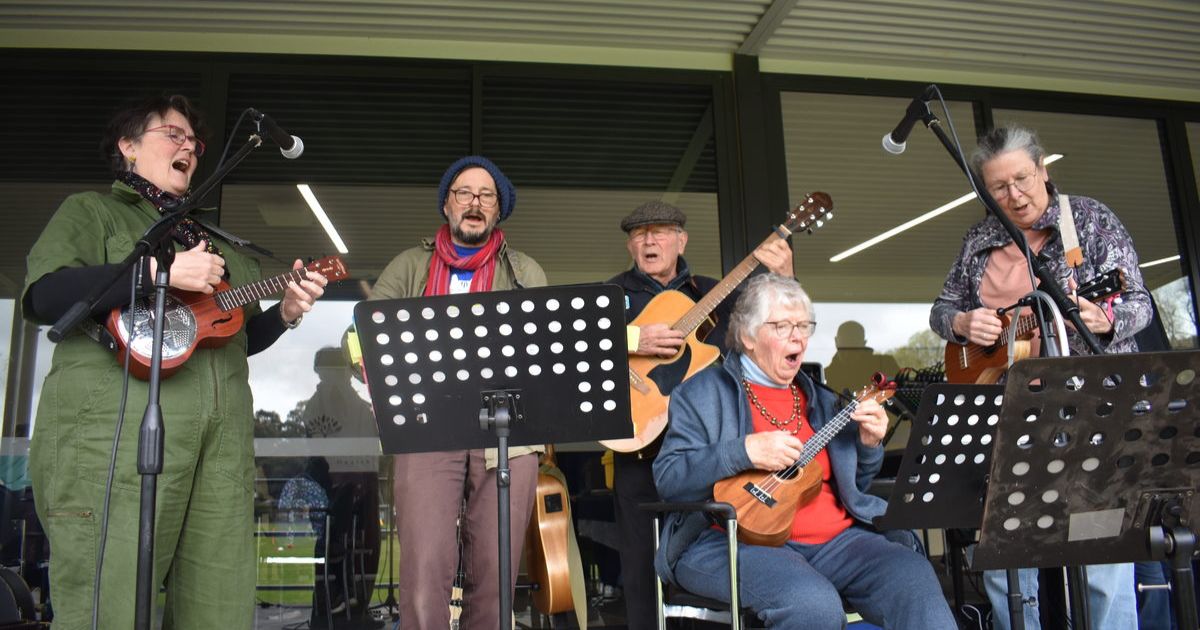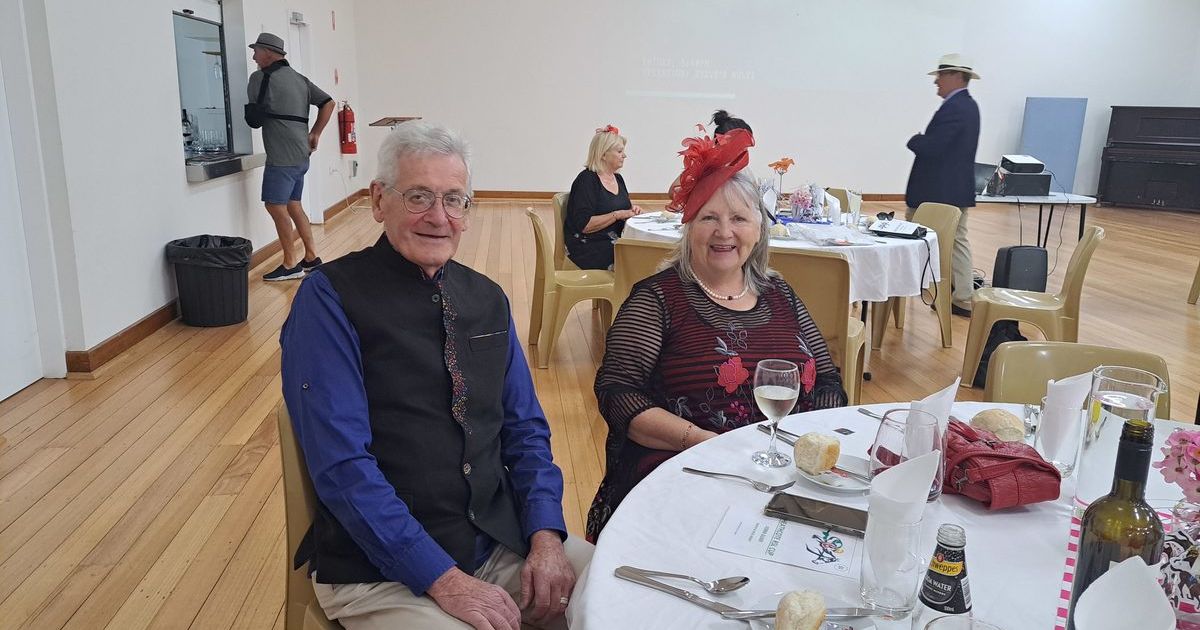Call for regional disaster relief

Here to help: The Alliance of Rural and Regional Community Health was established by CEOs from 11 different Victorian health services. Photo: SUPPLIED
MEMBERS of Victoria’s regional peak body for community health are advocating to build greater disaster preparedness initiatives with support from the State Government.
The chief executives behind the Alliance of Rural and Regional Community Health, which bands together 11 regional community health services, are looking to establish resilience and recovery programs and disaster recovery core teams.
The group’s representatives are aiming for the programs to be funded for all member community health services, that cover more than 80 per cent of Victoria.
ARRCH executive member and Grampians Community Health CEO Greg Little has previously worked in disaster recovery for local government.
He said the services already in place with community health organisations makes them ideal to deliver disaster relief.
“We provide wrap-around services based on the social determinants, whether that is for homelessness, alcohol and other drugs, family violence support, counselling, aged care or physical and mental health,” he said.
“These services already exist in community health so we wouldn’t be creating something new when a natural disaster occurs.
“We can achieve better responses and better outcomes for people’s health if disaster recovery sits within community health.
“If you just have money to react to emergencies instead of building capacity and resilience, you won’t get the best outcomes.”
ARRCH services Gippsland Lakes Complete Health, Gateway Health, and Northern District Community Health are trialling programs for the initiative, with the latter collaborating with Melbourne University.
Local governments and other departments as well as Community Health First have also been enlisted to help advocate for funding.
Mr Little said giving community health services dedicated resources towards disaster relief will make for stronger, more resilient responses.
“When our preventative health teams start working in the emergency management space, we’re building resilience in people and connection to existing local services,” he said.
“Over the past 20 years, every time there has been a natural disaster, community health has been called on to ramp up, but then nothing happens for a while, councils focus on their day-to-day work and other agencies leave the area but that yo-yoing doesn’t give the community any value and doesn’t create resilience.”

















